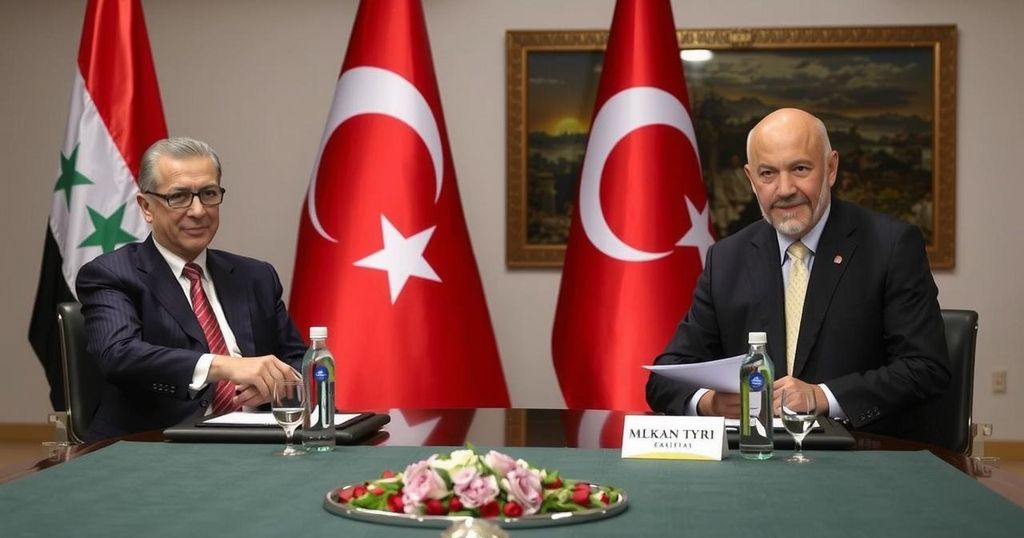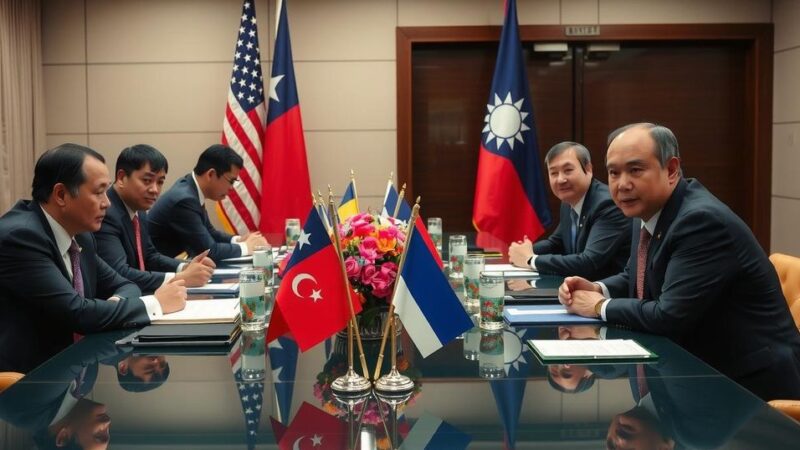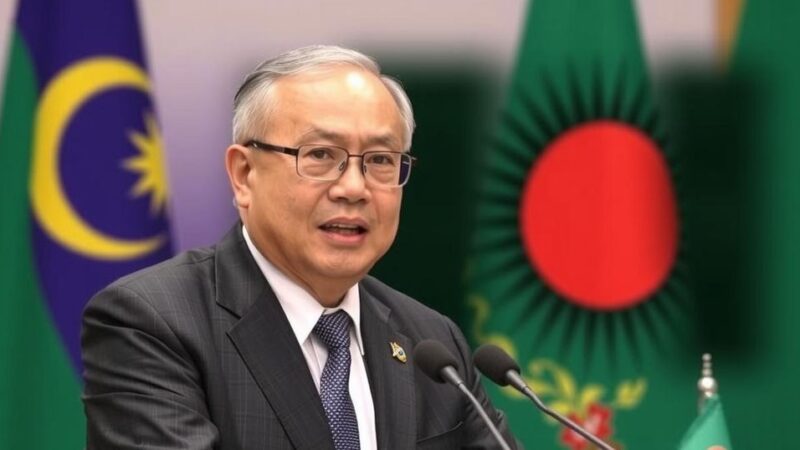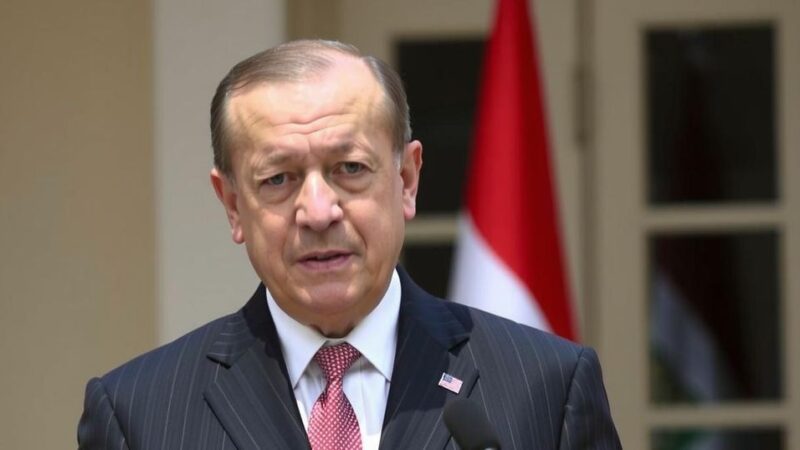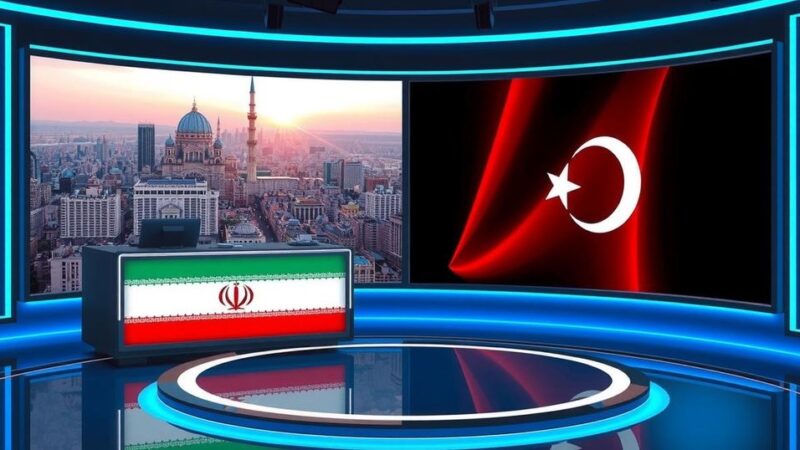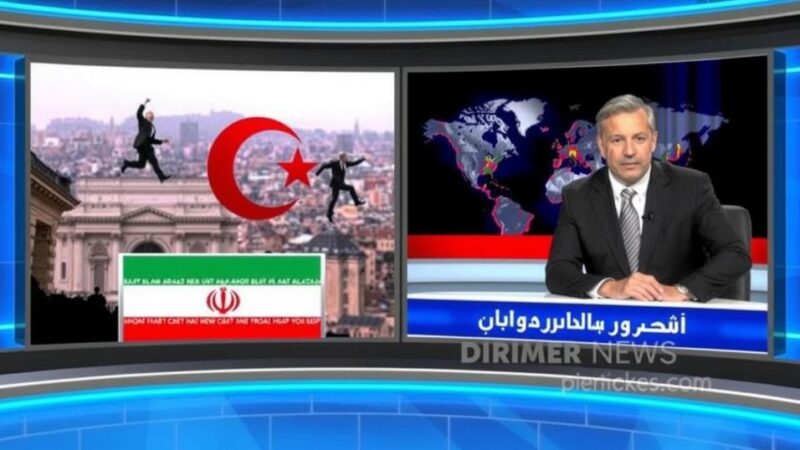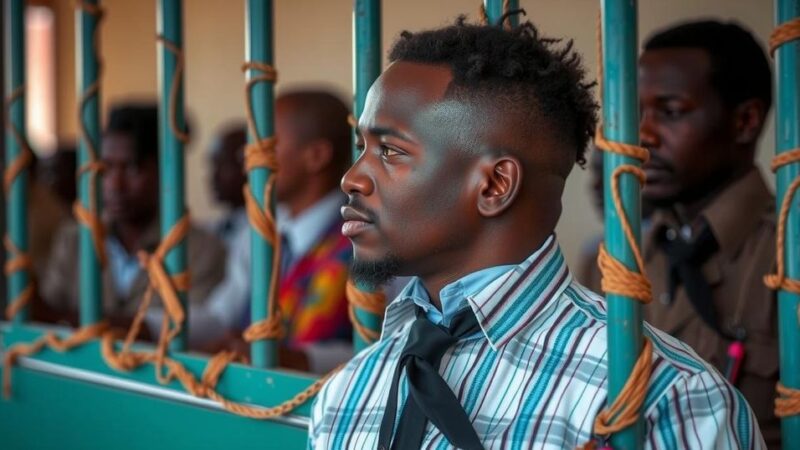HTS leader Ahmed al-Sharaa announced that Syria aims to develop strategic relations with Turkey, emphasizing Turkey’s goodwill towards Syrian refugees. He acknowledged Turkey’s role in Syria’s reconstruction and expressed a desire for mutual economic ties, while asserting that HTS will not interfere in other nations’ affairs.
Ahmed al-Sharaa, the leader of Hay’at Tahrir al-Sham (HTS), recently expressed a commitment to establishing strategic relations between Syria and Turkey. Speaking with the Turkish newspaper Yeni Safak, al-Sharaa noted that Syrian refugees in Turkey have received better treatment than elsewhere, which he appreciates. He indicated that Turkey has significant importance regarding reconstruction efforts in Syria and expressed trust in Turkey’s economic development expertise. Furthermore, he emphasized the shared success of the Syrian revolution as a victory for both the Syrian and Turkish peoples. While acknowledging the presence of Turkish officials’ concerns about the radical movements in the region, al-Sharaa stressed HTS’s focus on improving bilateral relations without interfering in other countries’ affairs.
The ongoing civil war in Syria has caused millions to flee their homeland, with many seeking refuge in neighboring Turkey. Over the years, Turkey has hosted a vast number of Syrian nationals, estimated to be around three million but potentially closer to five million in total. Amidst this humanitarian crisis, relations between Syria and Turkey have been complicated due to differing political ideologies and military confrontations. However, as peace discussions evolve, the possibility of strategic alliances emerges, particularly concerning reconstruction and economic collaboration.
In conclusion, the remarks made by HTS leader Ahmed al-Sharaa highlight a significant shift in diplomatic tone between Syria and Turkey. The potential for strategic and commercial relations may pave the way for mutual benefits in both reconstruction efforts and economic development. These dialogues could foster a more stable regional environment, albeit within a delicate context of existing tensions and responsibilities towards their respective populations.
Original Source: www.middleeasteye.net
